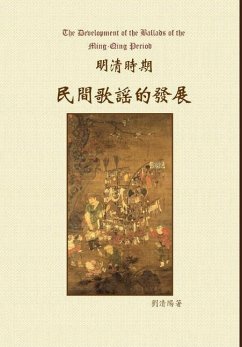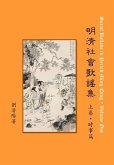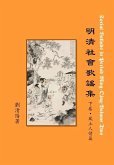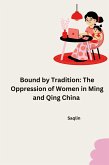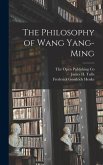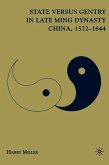When people sang along with instruments, it was known as "Ge", and when Ge got spread by words of mouth it became "Yao". Geyao, or ballads, came from the civilians and expressed their joys and sorrows. Ballads also carried the extraordinary ingenuities of ordinary people at the time. Few of the ancient ballads were recorded because they mostly spread among the illiterate commoners, but those that were passed on in records are frequently quoted by modern historians because they represent the voice of the people and provided valuable insight into their lives. The ballads of the Ming-Qing period are discussed in this book. Also addressed in this book are the spread of the melodies and words of the popular ballad and the social roles of political ballads, rhymes, adages, proverbs and nursing hums. The book provides a curious and profound perspective for both ballad fans and history enthusiasts.
Hinweis: Dieser Artikel kann nur an eine deutsche Lieferadresse ausgeliefert werden.
Hinweis: Dieser Artikel kann nur an eine deutsche Lieferadresse ausgeliefert werden.

